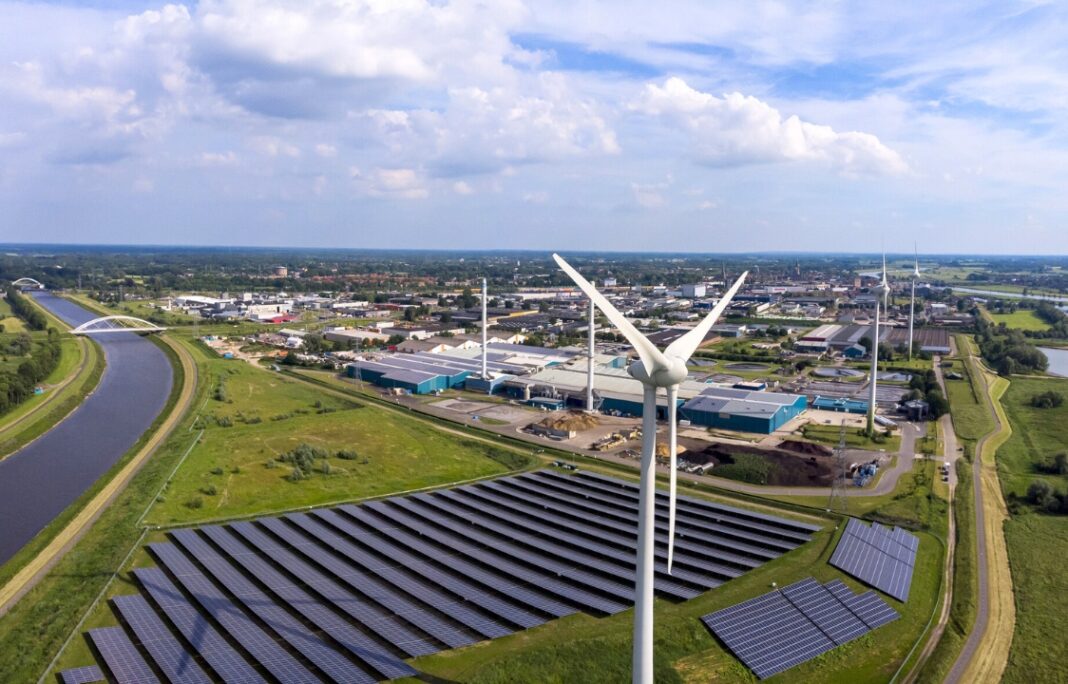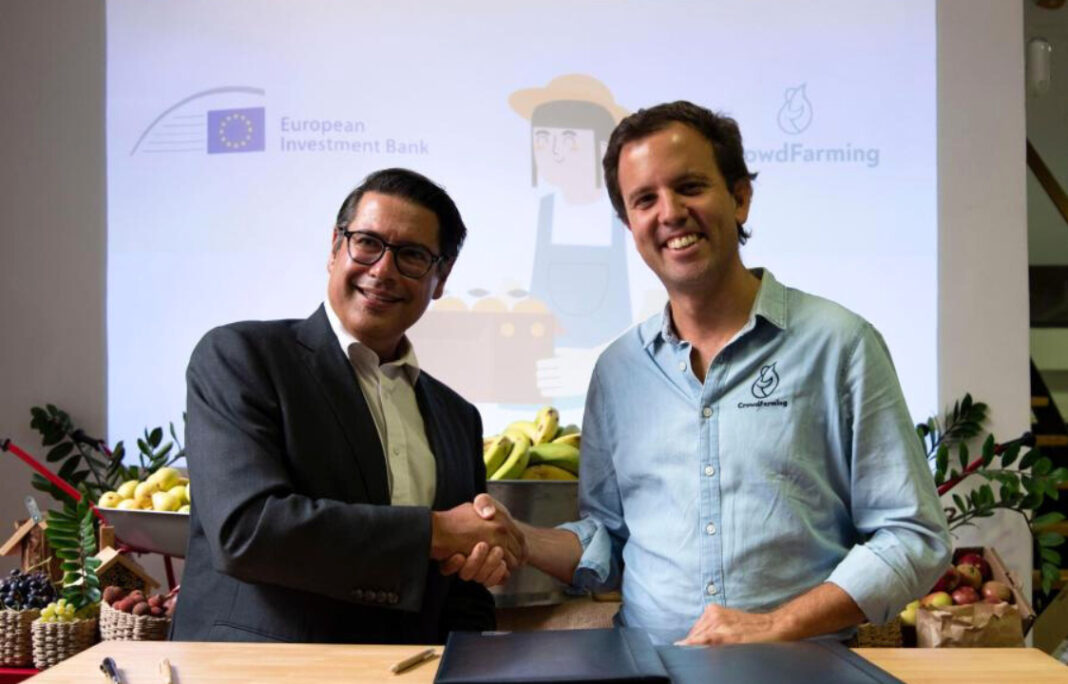Stuttgart-based H2FLY, a company that develops hydrogen-electric powertrain systems for aircraft, has announced the compilation of the world’s first piloted flight of an electric aircraft powered by liquid hydrogen.
This achievement highlights the potential for cleaner and more sustainable aviation, as liquid hydrogen offers high energy density and zero emissions.
The HY4 aircraft
H2FLY has completed four flights as part of its flight test campaign, including one lasting over three hours, using liquid hydrogen to power its HY4 demonstrator aircraft.
The aircraft is equipped with a hydrogen-electric fuel cell propulsion system and utilises cryogenically stored liquid hydrogen. These flights highlight the practicality and endurance of hydrogen-powered aviation technology.
The test flights conducted by H2FLY have revealed that switching from gaseous hydrogen to liquid hydrogen will effectively double the maximum range of the HY4 aircraft, increasing it from 750 km to 1,500 km.
This development represents a significant advancement toward enabling emissions-free medium- and long-haul commercial flights, which could have a transformative impact on sustainable aviation.
Professor Josef Kallo, co-founder of H2FLY says, “This achievement marks a watershed moment in the use of hydrogen to power aircraft. Together with our partners, we have demonstrated the viability of liquid hydrogen to support medium and long-range emissions-free flight.”
“We are now looking ahead to scaling up our technology for regional aircraft and other applications, beginning the critical mission of decarbonising commercial aviation,” adds Kallo.
Project HEAVEN
The campaign marks a significant milestone for H2FLY, reflecting the extensive insights from the company’s research efforts.
It represents the culmination of Project HEAVEN, a European government-supported consortium led by H2FLY, focused on demonstrating the feasibility of using cryogenic liquid hydrogen in aircraft.
Project HEAVEN is a research and innovation initiative funded by the Fuel Cells and Hydrogen 2 Joint Undertaking (FCH 2 JU) under grant agreement no. 826247. It is part of the “Horizon 2020” programme supported by the European Union, Spain, France, Germany, and Slovenia.
HEAVEN focuses on advancing hydrogen and fuel cell technology and includes partners like H2FLY, Air Liquide, Pipistrel Vertical Solutions, DLR German Aerospace Center, EKPO, and Fundación Ayesa, each contributing expertise in various aspects of the technology’s development and implementation.
Pierre Crespi, Innovation Director at Air Liquide Advanced Technologies says, “Air Liquide is proud to have designed, manufactured and integrated, together with H2FLY, the liquid hydrogen tank that enabled to power the HY4 aircraft.”
“Today’s success demonstrates the full potential of liquid hydrogen for aviation. Liquid hydrogen can be stored onboard and transported. Hydrogen is key to the energy transition and this new step proves that it’s already becoming a reality,” adds Crespi.
Project HEAVEN has received funding and support from various sources, including the German Federal Ministry for Economic Affairs and Climate Action (BMWK), the German Federal Ministry for Digital and Transport (BMVD), and The University of Ulm.
Comparatively, using liquified, cryogenic hydrogen (LH2) storage instead of pressurised gaseous hydrogen (GH2) offers advantages such as lighter tanks, reduced volume, and increased aircraft range and payload capacity.
Dr. Syed Asif Ansar, Head of the Department of Energy System Integration at the German Aerospace Center (DLR), says, “DLR boasts extensive expertise in electrified aircrafts with a track record spanning over 15 years. Starting from the inaugural flight of the Antares DLR-H2 in 2009, consistent advancements have been made in fuel cells and their auxiliary systems.”
“This progressive journey culminates in a significant present achievement in aviation history: the utilisation of cryogenic liquified hydrogen as fuel storage for a four-seater aircraft powered by fuel cells.”
“Collaborating with H2FLY, AirLiquide and other project members, DLR is actively engaged in projects aimed at propelling the development of CS-23 and CS-25 fuel cell powered aircraft into the next phase,” adds Ansar.
What’s next for H2FLY?
H2FLY, after completing flight testing in Project HEAVEN, will focus on commercialisation. They recently introduced the H2F-175 fuel cell systems capable of providing full power at altitudes of up to 27,000 feet, marking a crucial step towards using hydrogen fuel cells in commercial aircraft applications.
In 2024, H2FLY says it will open the Hydrogen Aviation Center at Stuttgart Airport, with co-funding from the Ministry of Transport Baden Württemberg. This center is poised to be a focal point for Europe’s aviation industry and its hydrogen economy, offering facilities for fuel cell aircraft integration and liquid hydrogen infrastructure development.
Brief about H2FLY
H2FLY, founded by engineers from the German Aerospace Center and the University of Ulm, is a company focused on developing hydrogen-electric aircraft powertrains. Its goal is to create the first certified, fully hydrogen-electric aircraft powertrain, ushering in sustainable and emissions-free air travel.
The company successfully demonstrated the HY4, the world’s initial hydrogen-electric passenger aircraft, in 2016, and collaborated with industry and scientific partners to accelerate technology development and commercialisation with support from German and European partnerships.
H2FLY’s vision includes hydrogen-electric aircraft capable of carrying 40 passengers over distances of up to 2,000 kilometres within a few years.
In 2021, H2FLY was acquired by Joby Aviation, a California-based company specialising in the development of electric vertical take-off and landing (eVTOL) aircraft for use in commercial passenger services.






